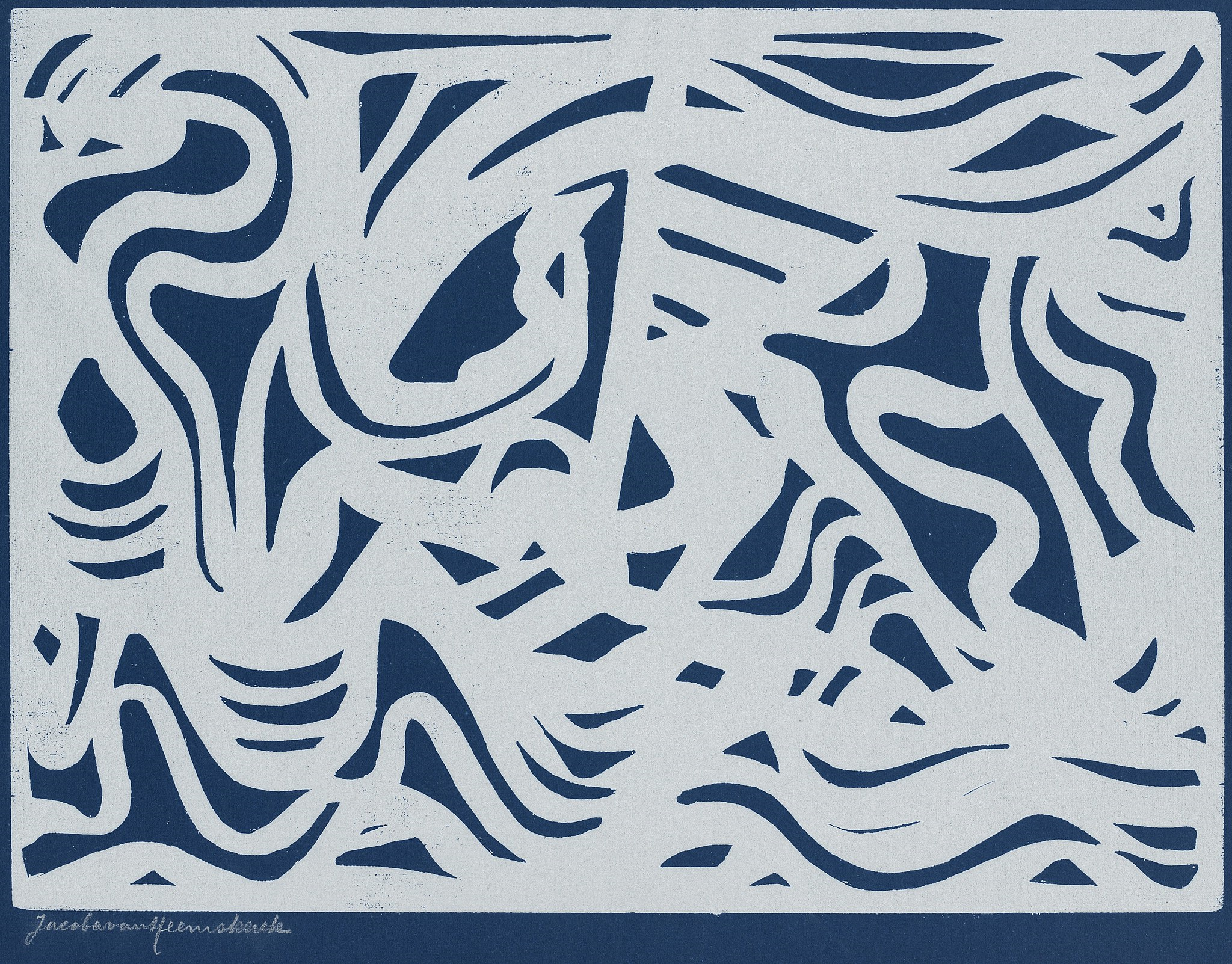
insurrectionist ethics
Welcome bold seekers and thinkers to opp’s first asynchronous online course, ‘Insurrectionist Ethics’, based upon Professor Lee A. McBride III’s book Ethics and Insurrection: A Pragmatism for the Oppressed.
Composition (1921) by Jacoba van Heemskerck van Beest, via Wikimedia Commons
This introduction to a McBridean take on insurrectionist ethics also serves as an alternative inlet to topics and thinkers found within traditional Eurocentric curricula and those you may be less acquainted with. We have sought to initiate a plurality of voices and traditions to help you shape your vision of philosophy with resources you might not typically find elsewhere, to equip you with new tools for exploring philosophical possibilities.
As such, you will find:
and a reading group you can join here for access to the syllabus’ additional readings to run your own reading group near you!
We welcome community and feedback. Please send us comments, questions, and even blog submissions inspired by the course! You will find prompting questions at the end of each lecture. You can also find a discounted version of the main book on Bloomsbury using the following codes:
US orders: ETHIC22US
UK orders: ETHIC22UK
Canadian orders: ETHIC22CA
Australian orders: ETHIC22AU
This initiative is in line with our aim to critically question what philosophy is and how we’re doing it, in form and content. You can read more about our mission and efforts here.
Read on to venture forth with us “to form new coalitions and bonds of trust, to engage in those forms of collective action likely to shape a better future. This is our task.” (Ethics and Insurrection, 127)
The philosophy performed at many of our institutions in the UK is narrow in topic, presentation style, evaluative criteria, critical thought, creative encouragement, and student concern, in addition to its intense lack of diversity and pervasive eurocentricity. This not only limits philosophy’s horizon of possibilities but also and more pressingly is structurally oppressive and epistemically silencing, inhibiting our ability to transform ourselves to better attend to, care for and about, empower, and let flourish, speak, live, and thrive marginalised people. With few diversity programmes and diverse philosophy curricula here we would like to begin to work on such a transformation through these online courses.
🢘 28th October 2022 site design by zed nott







